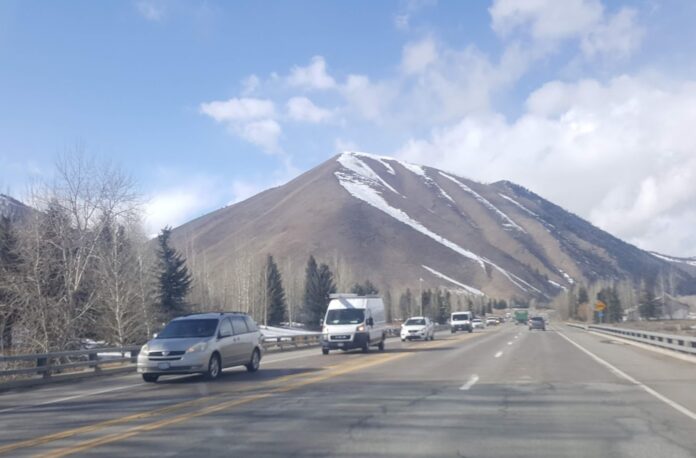Valley leaders, residents grapple with growing tensions between longtimers, new arrivals
By Eric Valentine
Talk to Mike McKenna—the executive director of the local chamber of commerce—about the pros of what could be an economy taking off, and he’ll also want to talk to you about concerns he has about the newer residents moving in.
“I just think people moving here have to be ready to assimilate more to small-town life than a small town has to assimilate to them,” McKenna said, still reeling a bit from what he called “an attack” by some newer-to-the-Valley folks about his opinions on the proposal for a Croy Canyon campground.
Talk to Hailey Mayor Martha Burke about the diversity of license plates (from other states) she’s seeing these days and she’ll quip, “I wish we could interview people moving here and have them check off a few boxes, ‘Do you clean up your dog’s poop?’ or ‘Will you volunteer at our schools?’”
“We’re at a crossroads,” said Burke, who moved to Idaho from California in the 1970s. “When I moved here, my family had the motto: Don’t Californicate, appreciate.”
All the data isn’t in yet, but the eye test has been going on since COVID restrictions were in place and even before. It’s clear the Valley looks a little more congested on roads, in parking lots, at stores, and on trails. It’s part second-home owners staying longer, part travelers opting for Idaho since they can’t cross international borders, and part influx of new, permanent residents from, especially, California to Washington, purchasing real estate and looking to grow roots.
What’s a small town to do?
“It’s hard to create policy with anecdotes, you need data,” says Ketchum Mayor Neil Bradshaw. “I don’t think anyone’s ever been perfect about picking up their dog poop. Look at newspapers from 100 years ago and you can probably find complaints there.”
But Bradshaw agrees with Burke that whatever the actual numbers are when it comes to new arrivals, there will be a distinct need for them to be active members of the community. It’s not so much about fitting in, it’s about making a difference—a positive one, of course.
“We don’t need to fear a change, we need to find a change we want and to embrace it,” Bradshaw said.
Bradshaw has street cred on that point. He moved to the Valley in 2005, from London. Immediately, he got involved, on a volunteer basis, and helped launch the Ketchum Community Development Corporation—a nonprofit organization formed in July 2006 as part of an overall revitalization plan that also included a Downtown Master Planning exercise and the formation of the Ketchum Urban Renewal Agency. Some accomplishments:
- Northwood Place—32 units of affordable workforce housing
- Ketchum Innovation Center—local small business incubator
- Ketchum Town Square—the center square of Ketchum
- Walkable Ketchum—direction signage in downtown Ketchum
- 4th Street Heritage Corridor—making Ketchum walkable
- Ketchum Arts Commission—cover art/4th street projects
Policy Change?
Burke was only joking about the interview process for entry into Hailey and Bradshaw noted what Ketchum has already done with its #KetchumKind campaign and other efforts city leaders have made to do outreach and increase community engagement.
“If nothing else, I hope people who move here learn the history of here,” Bradshaw observed.
And for the folks who already live here, who feel they’re living the right way, Bradshaw says, “Kill it with kindness. And lead by example.”



